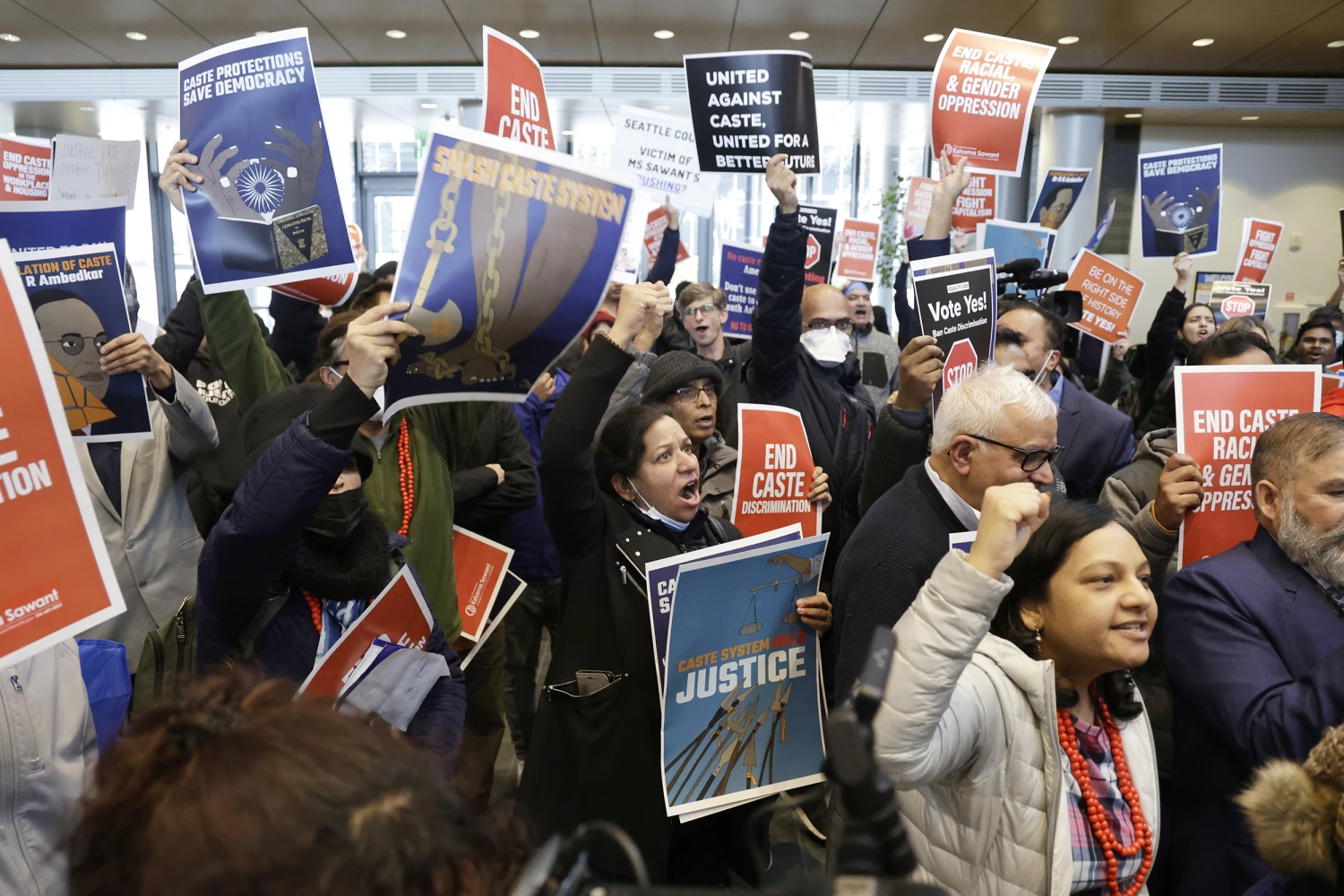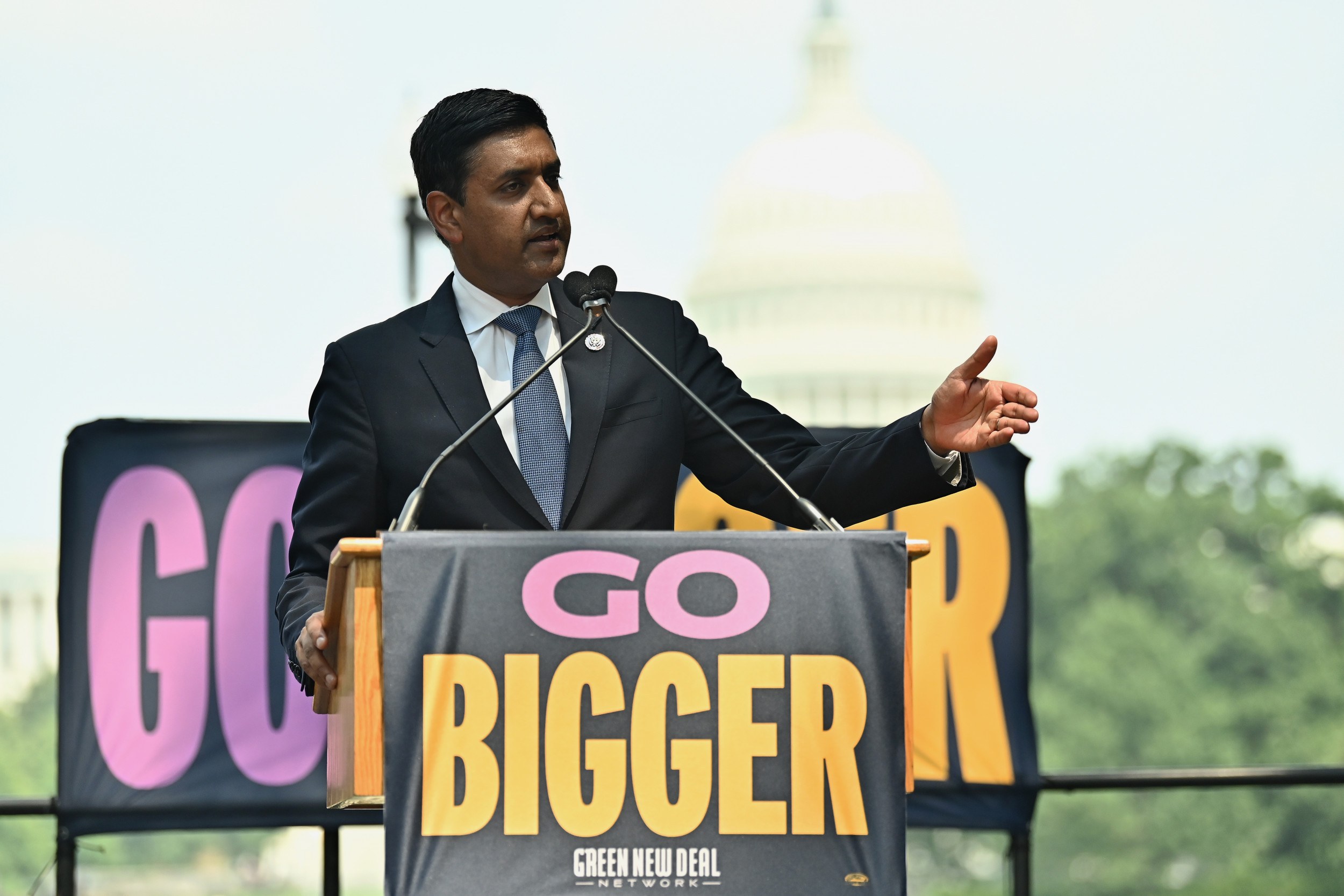Call for Increased Security
In the span of two weeks, three Hindu temples in the San Francisco Bay Area have fallen victim to acts of vandalism, raising concerns among Hindu advocates about the safety and security of temples across the United States. The incidents have prompted a call for heightened vigilance and security measures within the Hindu community.
On January 5, Vijay’s Sherawali Temple in Hayward, California, experienced an act of vandalism when the entrance sign was spray-painted with the phrases “Modi is a terrorist” and “Khalistan Zindabad” (Khalistan Forever). Khalistan represents the aspiration of Sikh separatists for an independent state carved out of the Indian state of Punjab. This incident follows an earlier burglary at the Shiv Durga Temple of Santa Clara on January 1, where three perpetrators were captured on camera stealing gold jewelry from the temple’s idols and donation boxes.
Sunil Khanna, president of the Santa Clara temple’s board, expressed shock at the incident, emphasizing the community’s belief that temples are invulnerable. He highlighted the emotional impact, stating, “The main thing that hurt all of us was how they misbehaved with the gods.”
The Shree Swaminarayan Temple in Newark, California, faced a different form of desecration on December 23, with a vulgarity aimed at Narendra Modi, India’s prime minister, defacing the premises. Jonathan Arguello, police captain for the city of Newark, indicated that the act appeared to be targeted, leading to a commitment to a thorough investigation.
These attacks are part of a concerning trend of anti-Hindu hate crimes, according to Ramya Ramakrishnan of the Hindu American Foundation. She noted the impact on community members, saying, “This is supposed to be a safe place where you go to pray and get peace of mind. But this holy and sacred space is now being violated.”
The recent wave of vandalism follows previous incidents, including an attack on the Indian Consulate in San Francisco and the vandalism of a Mahatma Gandhi statue in New York. These occurrences point to a growing pattern of anti-Hindu sentiments and actions.
The incidents also coincide with charges by the U.S. Department of Justice in November, accusing an Indian government official of plotting to murder Sikh separatist leader Gurpatwant Singh Pannun in New York. The Canadian prime minister’s office had earlier accused India of involvement in the assassination of Sikh separatist leader Hardeep Singh Nijjar.
Pro-Khalistani vandalism has been ongoing since at least March 2023 when protesters in San Francisco entered the Indian Consulate, displaying Khalistani flags. A subsequent arson attack in July further highlighted the issue. Despite these incidents, law enforcement has emphasized the criminal nature of vandalism against diplomatic facilities without explicitly addressing Sikh separatism.
Anti-Khalistani activist Puneet Sahani highlighted the need for the Hindu and Sikh communities to address separatist sentiments, referencing a 2021 incident in Queens where Khalistani rhetoric was spray-painted. Sahani expressed concern that Hindu organizations might avoid speaking out against the Khalistan movement due to fears of being labeled anti-Sikh. He emphasized the importance of addressing extremists within the community.
Ramakrishnan pointed out that Hinduphobia is yet to be fully recognized by law enforcement, calling for increased federal-level efforts. While local authorities have responded promptly to recent crimes, she stressed the need for broader recognition and swifter action, comparing the incidents to potential reactions if they had occurred in synagogues or mosques.
The Hindu American Foundation, the largest Hindu advocacy organization in the U.S., regularly provides resources for temples to enhance security measures. These resources include a manual with information on safety assessments, education on security measures ranging from CCTV cameras to alarms, and a call for reporting all incidents to prevent Hinduphobia-related crimes from going unnoticed.
“We really want our Hindu community to be aware that this is happening in your backyard,” Ramakrishnan said. “Not to be afraid, but to face this. We need to be united as a community.”
Sunil Khanna, determined to rebuild, aims to lead a consortium for Bay Area Hindu temples, advocating for recognition of the community’s unity in the face of these attacks. He emphasized resilience, stating, “No temple should close their doors… This is a time to stand up and rebel against the negative forces.”


